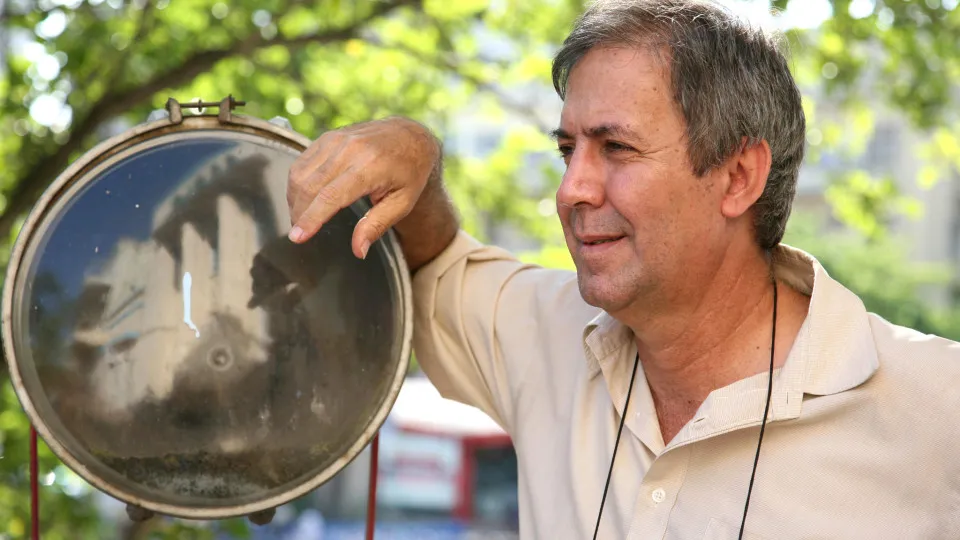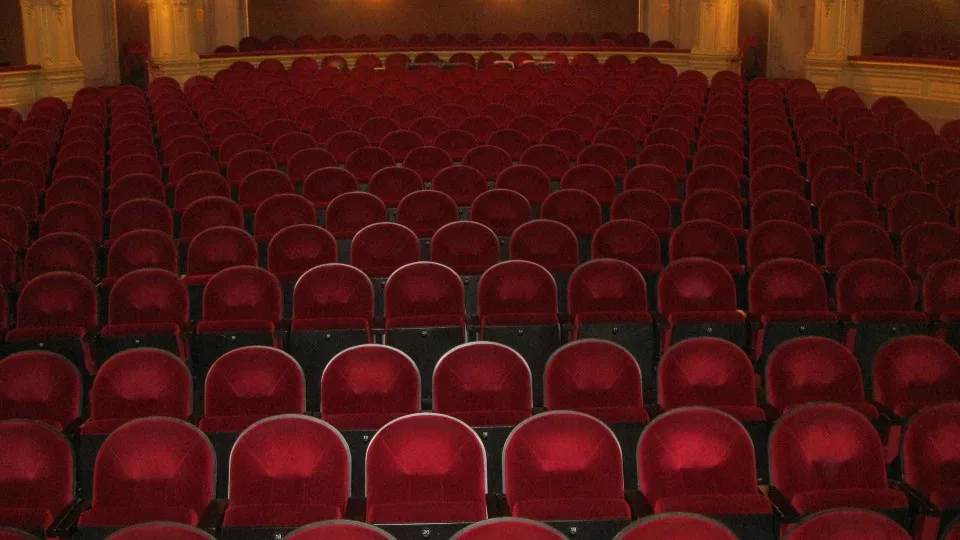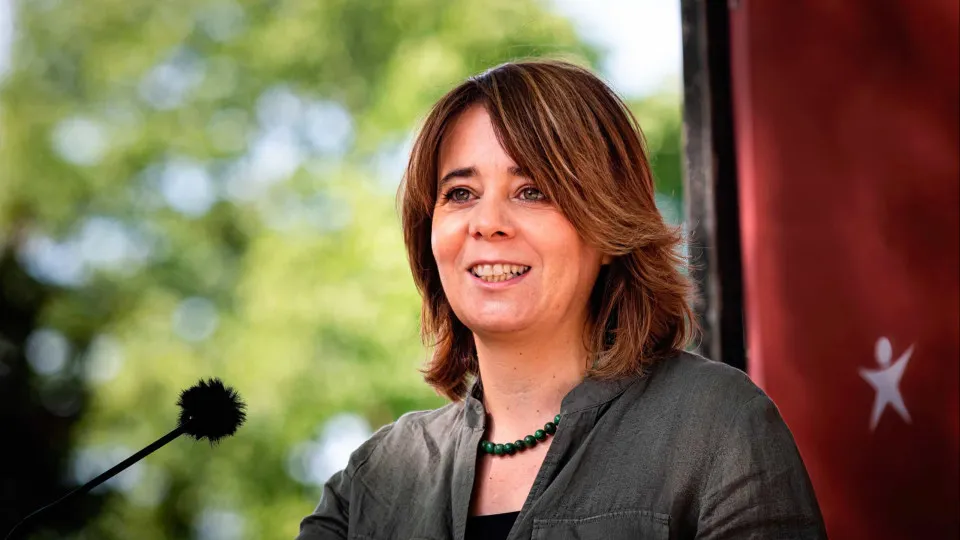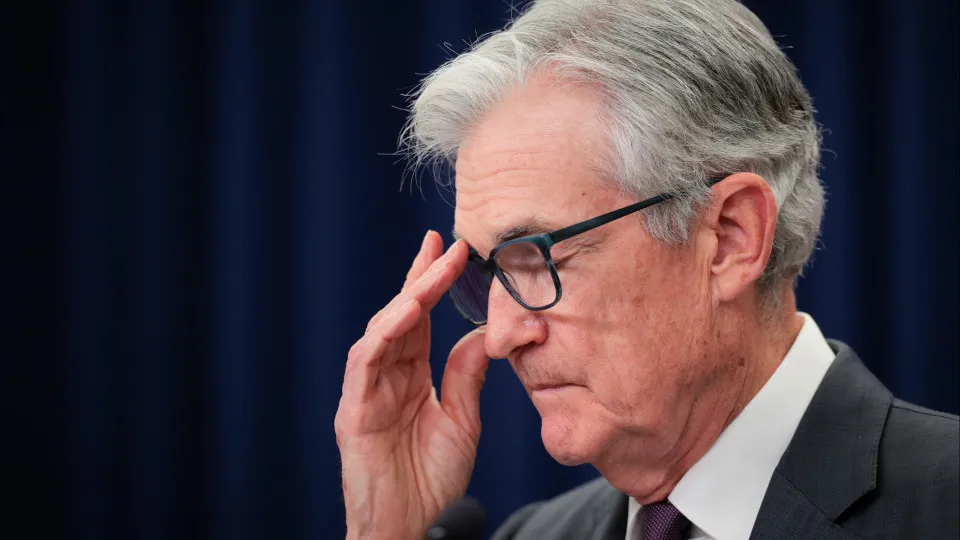
The role of cinema as a form of education and social awareness was a key theme highlighted at the Audiovisual Heritage Meetings held in Maputo this week, focusing on the 50th anniversary of the independence of Portuguese-speaking African countries (PALOP).
Filmmaker João Ribeiro, reflecting on the era, noted, “In the 1960s, in our countries, cinema was the only mode of communication apart from radio.” He emphasized that cinema was instrumental in educating and mobilizing people during the liberation struggles and the initial years post-independence.
Sol de Carvalho, another veteran filmmaker, emphasized that films from that period played a strategic diplomatic role in the struggles of Portuguese-speaking African nations. He explained, “It was important to establish contacts and friendships with Western countries,” noting the strategic production of films in languages like English and French to appeal to international organizations and governments sympathetic to African causes.
De Carvalho also recalled the significant Yugoslavian contribution to Mozambican films during the armed liberation struggle. In a week-long event supported by the Calouste Gulbenkian Foundation, the Audiovisual Heritage Meetings brought together researchers, filmmakers, and technicians to explore the historical and cultural significance of cinema in political and cultural liberation movements.
João Ribeiro, known for his acclaimed film “Avó Dezanove e o segredo do soviético,” based on Angolan author Ondjaki’s work, stressed the importance of revisiting cinema’s role in independence movements as a means to understand national identity formation. “Independence is not just a political struggle but also social and cultural, part of our lived experience,” stated Ribeiro.
Sol de Carvalho, a prominent Mozambican filmmaker, winner of multiple international awards, including for his film “Mabata Bata” inspired by Mia Couto’s work, highlighted the dynamic nature of history. “It is important to know, study, and have our own opinion,” he remarked, underlining the importance of showcasing historical events to educate current and future generations.
Reflecting half a century after independence, both filmmakers lamented the lack of public policies for audiovisual preservation in Mozambique. De Carvalho questioned government support, emphasizing the need to digitize and conserve the country’s film archives. “There is no true policy to preserve large-scale imagery, such as digitalizing all historical processes,” he asserted, expressing concern over the near impossibility of recovering old techniques and equipment.




